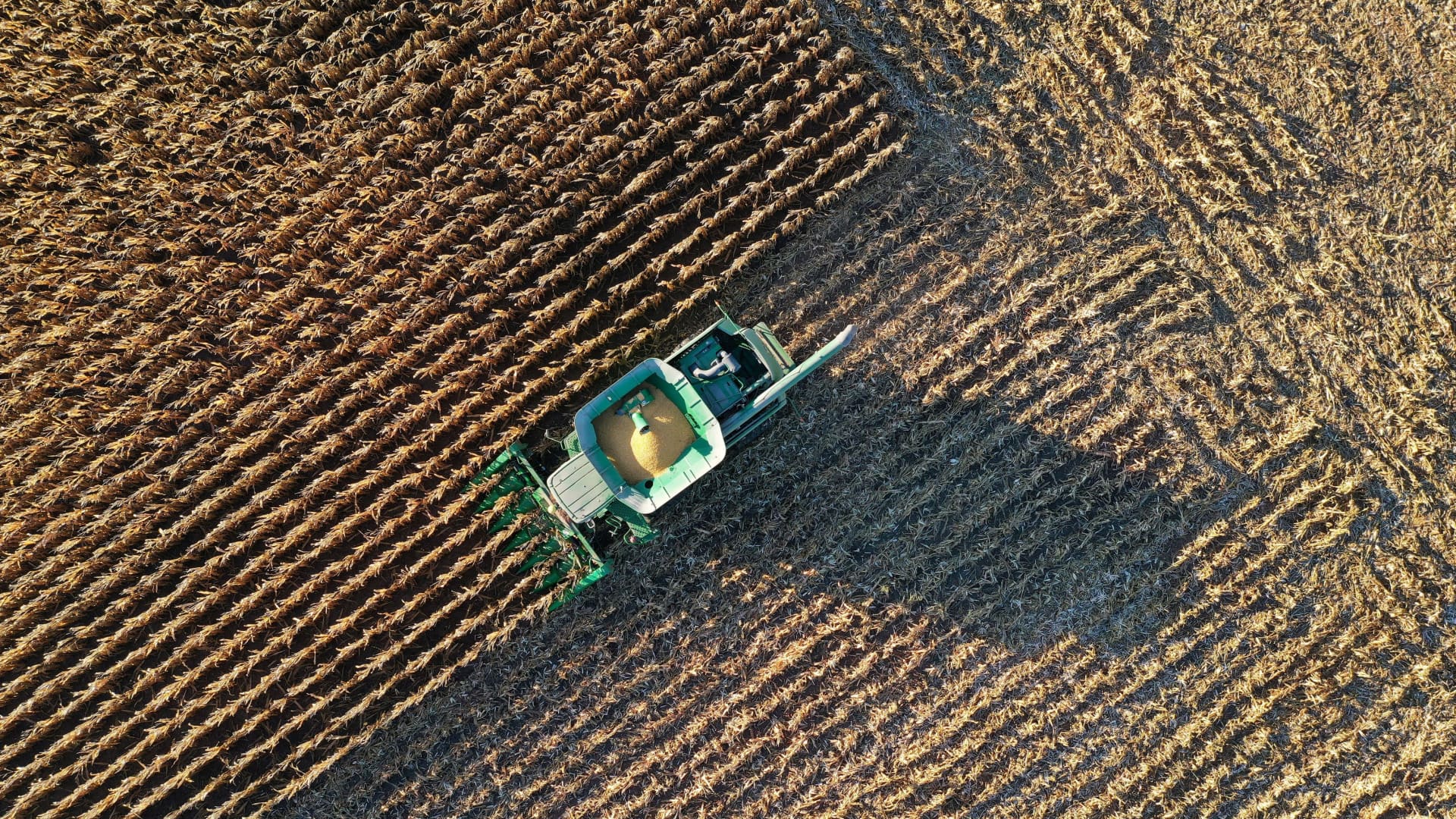Why Deere thinks satellites are the next big technology to invest in

Drones, robotics technology, and now satellites.
John Deere’s Chief Technology Officer Jahmy Hindman told CNBC the world’s largest agriculture equipment player is in the process of finalizing a satellite partner.
“We really have been focused on trying to solve connectivity, globally. We look at the burgeoning efforts that are happening in low Earth orbit satellites as an example – potentially – for us to start to solve some those connectivity issues.”
The goal is to create a geospatial map that farmers can use to better track productivity and the performance of crops.
“There’s so much friction and getting that data from the field into the cloud, where they can do something useful with it, that it really isn’t used very effectively at all.” As to when satellites will become in use, Hindman said Deere is “right at the cusp” of solving the connectivity problem for farmers.
Currently, farmers can use the data collected by its See & Spray device to understand what part of the farm still needs to be fertilized. It is one of the technologies that will be showcased at the Consumer Electronics Show in Las Vegas on Thursday.
While the global economy may be slowing, the agriculture market remains hot. Crop prices, albeit volatile, are still up double digit percentage points from three years ago. Rising crop prices, including wheat and corn, have fueled farmer profits. In fact, DA Davidson citing USDA numbers says corn cash receipts were up 32% in 2022 compared to the year prior. 2023 cash receipts are expected to be even higher, writes Michael Shlisky, senior research analyst at DA Davidson in client note. An added bonus: fertilizer and chemical prices have eased in recent months, improving the outlook for farmers this year.
With more money in the bank, farmers are expected to continue spending on agriculture equipment, where John Deere remains a leader.
Shares of Deere gained 20 percent in 2022, vastly outperforming the XLI Industrials ETF, which lost 7 percent. Gabelli Funds has been a longtime investor in the agriculture equipment maker and remains bullish.
“We would expect the stock to perform well as the year sets up as a good one for the industry. Limited supply has effectively elongated the cycle while keeping used machinery prices high. At the same time, the company continues to offer technologies that make the farmer considerably more productive than the machines used in each previous version,” said Brian Sponheimer, portfolio manager at Gabelli Funds to CNBC.
Supply chain issues have plagued Deere and the broader sector, but Hindman is betting that China’s reopening should ease some of the pain in 2023.
“In addition to being a large agricultural consumer, they’re one of the world’s largest producers of the things that we all need in order to fill our supply chains. We do hope China reopens in 2023. The supply chain will begin to normalize and stabilize a bit,” said Hindman.
The big wild card: the ongoing war in Ukraine which has sent agriculture prices skyrocketing. According to Melius Research, wheat prices spiked 40% in the six months after the war started, and are now 20% above pre-war prices.
“The war has certainly added uncertainty to crop prices,” Rob Wertheimer, founding partner of Melius Research, told CNBC.